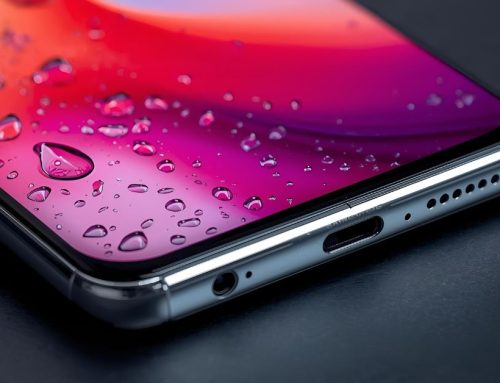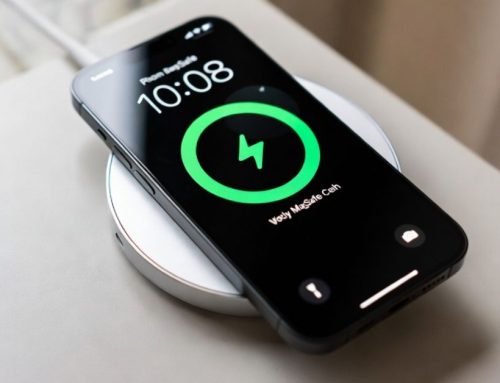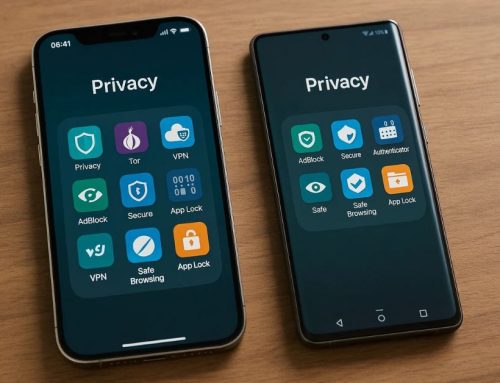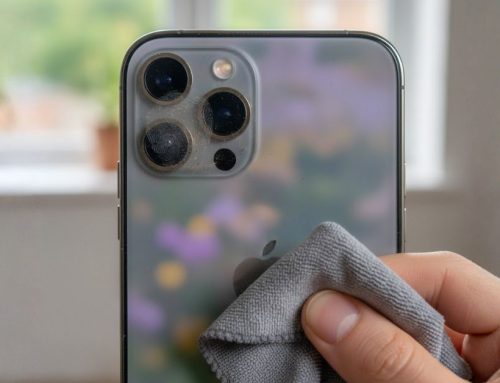Why Phone Overheating After Battery Replacement Happens
If you’re dealing with phone overheating after battery replacement, you’re not alone. This common Software issues, post-repair issue can be caused by a poorly calibrated battery, substandard battery quality, or installation errors that place extra strain on your device’s CPU and RAM. Even using an incompatible charger or leaving your phone in direct sunlight can trigger excessive heat. In this guide, we’ll explain the main reasons why your phone gets hot after a battery swap, how to fix the problem quickly, and practical tips to prevent future overheating.
Beyond battery-related causes, using an incompatible charger or charging cable can create electrical strain that leads to overheating. Environmental factors, such as leaving your phone in direct sunlight or using it in a hot environment, can further intensify the issue. In this guide, we’ll break down the most common reasons why phone overheating after battery replacement occurs, outline proven fixes to restore your device’s performance, and share practical tips to help you prevent future overheating problems.
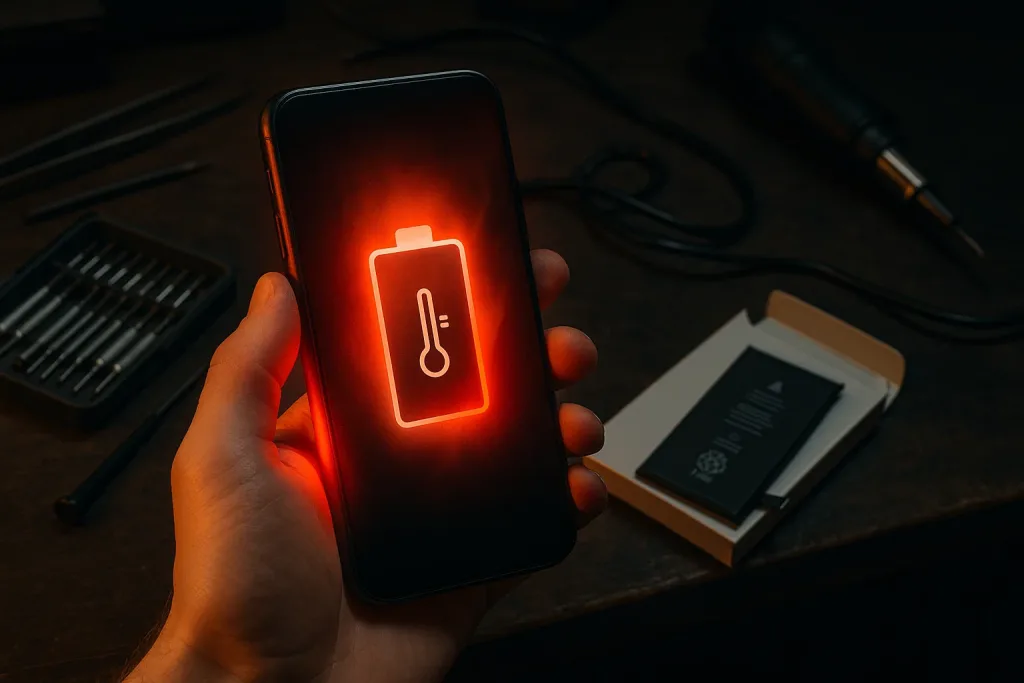
Why Your Phone Overheats After Battery Replacement
Experiencing phone overheating after battery replacement is a frustrating and surprisingly common issue. Several factors can trigger this problem, ranging from hardware faults to software glitches . In many cases, the overheating starts because the replacement battery contains defective cells, has a mismatched capacity, or isn’t fully compatible with your device. Sometimes, the phone’s operating system simply needs time to re-calibrate and adapt to the new battery’s performance profile.
Background applications running unchecked can put unnecessary strain on the processor, while outdated software can make your smartphone work harder than it should. These combined factors force your device to consume more power, producing excess heat as a byproduct.
Common Reasons Phones Overheat After Battery Replacement
- Faulty or low-quality replacement battery (manufacturing defects).
- Incompatible charger or damaged charging cable.
- Apps running in the background that make the phone overwork.
- Software issues or out-of-date phone’s operating system.
- Exposure to excessive heat – e.g., direct sunlight or a hot car.
- Poor battery calibration after battery replacement.
How a Replacement Battery Can Cause Your Phone to Overheat
Not all replacement batteries are created equal. An incompatible, defective, or low-quality unit may fail to regulate voltage and current properly. This imbalance forces your phone’s components, particularly the CPU, GPU, and power management circuits, to draw more power than necessary. The result is a rapid increase in temperature, especially noticeable during charging or when performing heavy tasks like gaming, video streaming, or running multiple apps simultaneously. Over time, this excessive heat can reduce battery lifespan and potentially damage other internal components, making it essential to address phone overheating after battery replacement promptly.
Warning Signs Your New Phone Battery Is Overheating
Watch out for these warning signs after getting a new battery:
- Your phone gets so hot to hold or feels unusually warm.
- The device is hot while charging or immediately after replacing the battery.
- Battery percentage drops quickly or battery life declines.
- Phone shuts down or shows an overheating alert.
- Physical signs like swelling or deformation of the battery area.
How to Know If Your iPhone 11 or Smartphone Battery Needs Replacing
If your iPhone 11 or any android phone is regularly hot when charging, gets hot during light use or battery life has severely dropped, the phone battery may need replacement. Check battery diagnostics (iOS Battery Health android battery usage) for reduced battery capacity or abnormal drain.
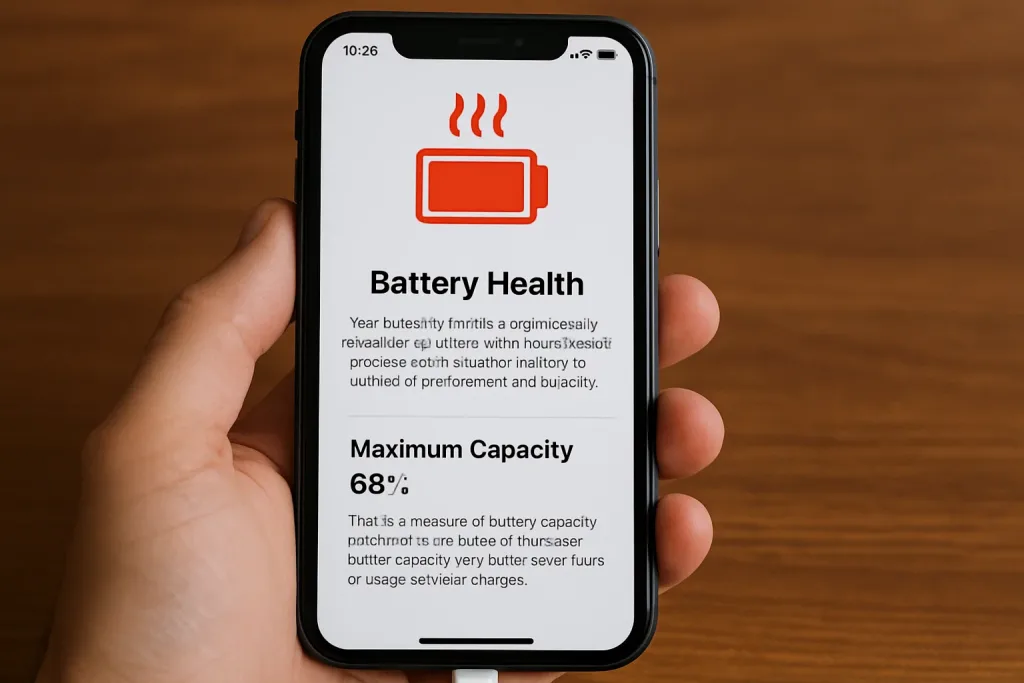
Signs of Poor Battery Health You Shouldn’t Ignore
Poor battery health can cause persistent overheating and performance loss. Key signs:
- Battery drains fast even when idle.
- Phone is overheating while charging or in standby.
- Phone’s performance drops – apps lag or the phone throttles CPU.
- Device shuts down unexpectedly or reports battery errors.
When Should You Replace Your Phone Battery?
Replace the battery when you notice recurring overheating problems, significantly reduced battery life or if diagnostics show a much lower battery capacity. If the old battery still causes the phone to overheat or the replacement battery is faulty, swap it out promptly.
How to Check If Your Phone Is Overheating
Check for high device temperature by feeling the back of the phone and using built-in diagnostics or third-party apps that report phone temperature in degrees Celsius or degrees Fahrenheit. Monitor battery usage and background processes; if the phone is overheating while idle or at light loads, that’s a clear sign something is wrong.
Tips to Prevent Your Phone from Overheating
- Keep your phone out of direct sunlight and a hot car.
- Close unnecessary background apps and limit heavy multitasking.
- Use manufacturer-recommended chargers and cables.
- Remove the case while charging if the phone tends to get hot.
- Install regular software updates to fix bugs that can lead to overheating.
How to Cool Down Your Phone Quickly
To cool down your phone immediately: stop charging, remove the case, move the device to a cooler, shaded place, close apps running in the background and switch to airplane mode if necessary. Avoid putting the phone in a freezer or using water – those can damage the device.
Keep Your Phone Safe from Heat and Sunlight
Leaving your phone in direct sunlight or a hot car will increase internal temperatures and can permanently reduce battery life. Keep the phone shaded, avoid charging outdoors in summer and don’t leave it on dashboards or other hot surfaces.
Reduce Heat by Managing Apps and Software
Apps running in the background and poorly optimised software can make your phone’s CPU and GPU work harder, which increases heat generation. Close unused apps, restrict background activity for high-use apps and keep the phone’s operating system updated to minimise software issues that cause overheating.
Is Your Charger or Replacement Battery Causing Overheating?
Yes – an incompatible or faulty charger, damaged charging cable or a substandard replacement battery can all cause overheating. If the phone is hot while charging or the phone is overheating during charging consistently, swap the cable and charger for a certified alternative and retest.
How to Tell If Your New Battery Is Faulty
Signs a new battery is faulty include excessive heat during charging, rapid battery drain, device instability and swelling. If the phone is overheating right after a battery change and basic fixes (restart, update, different charger) don’t help, the replacement battery may be defective.
Can Your Charger Cause Your Phone to Overheat?
Yes. A charger that outputs incorrect voltage or is damaged can make the phone’s charging circuitry overheat. Cheap third-party chargers or frayed cables can also lead to excessive heating during charging. Use manufacturer-approved chargers where possible.
Check Charger and Battery Compatibility to Avoid Overheating
Always confirm that both the replacement battery and charger are compatible with your model – whether it’s an iPhone 11, iPhone XR, iPhone 15 Pro, Samsung or other android device. Certified parts help avoid mismatched battery capacity or voltage that can cause an overheating issue.
How to Fix Phone Overheating After Battery Replacement
If you’re experiencing phone overheating after battery replacement, the good news is that many cases can be resolved with a few simple adjustments. Start by removing the phone case to help heat dissipate more effectively, and allow the device to cool naturally. Stop charging immediately if it’s plugged in, and only use a certified charger and cable to prevent voltage or current irregularities.
Closing unused background apps and performing a quick reboot can free up system resources, while installing pending software updates ensures your device’s firmware is properly optimized for the new battery. You can also check your battery usage settings to identify power-hungry apps that may be straining the phone. If the overheating continues, it may indicate that the replacement battery is faulty or poorly calibrated, in which case it should be inspected or replaced by a professional.
- Remove the case and let the phone cool down.
- Stop charging and use a certified charger and cable.
- Close background processes and reboot the phone.
- Install any pending software updates and check battery usage.
- If the problem persists, have the replacement battery inspected or replaced.
Easy Fixes for an Overheating Phone
To keep phone overheating after battery replacement from becoming a recurring issue, try user-friendly preventive measures. Lower the screen brightness, disable GPS or Bluetooth when not needed, and remove the case while charging to improve airflow. Avoid running heavy applications, such as high-graphics games or HD video streaming, especially in warm environments. These steps help reduce the workload on the CPU and battery, which directly minimizes heat buildup.
When to Get Professional Help for Phone Overheating
If your phone overheating after battery replacement is accompanied by battery swelling, frequent overheating even when idle, or excessive heat while using an official charger, it’s time to consult a qualified technician. Professionals can check for issues such as a defective replacement battery, a damaged charging port or deeper hardware faults. Addressing these problems promptly not only restores performance but also prevents potential safety hazards from prolonged overheating.
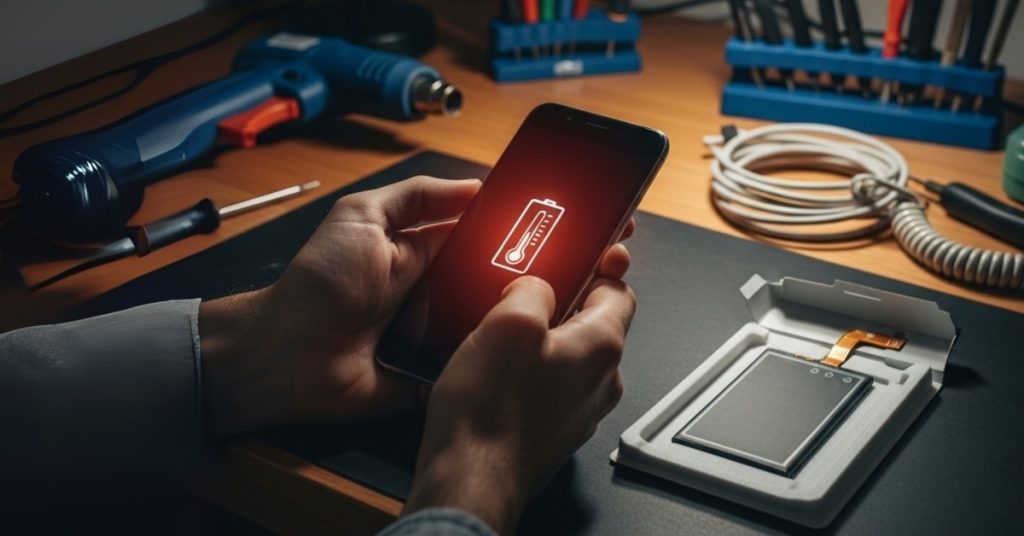
Long-Term Ways to Stop Your Phone from Overheating
For long-term prevention of phone overheating after battery replacement, replace the battery once its health significantly declines, avoid prolonged exposure to extreme temperatures, and always use high-quality chargers. Managing background apps, keeping your phone’s software updated, and performing battery calibration can also reduce the risk of overheating.
If phone overheating after battery replacement continues despite swapping chargers, updating software, and limiting background activity, the issue could stem from the replacement battery itself or another faulty hardware component. In such cases, it’s best to have your device inspected by a professional.
Final Thoughts
If you’re experiencing phone overheating after battery replacement, it’s crucial to address the problem immediately. Overheating can cause further hardware damage and may even become a safety hazard. Check that the battery was installed correctly, confirm compatibility, and look for possible software-related causes. If the overheating persists, a qualified technician can help identify the root cause and prevent permanent damage to your device.



